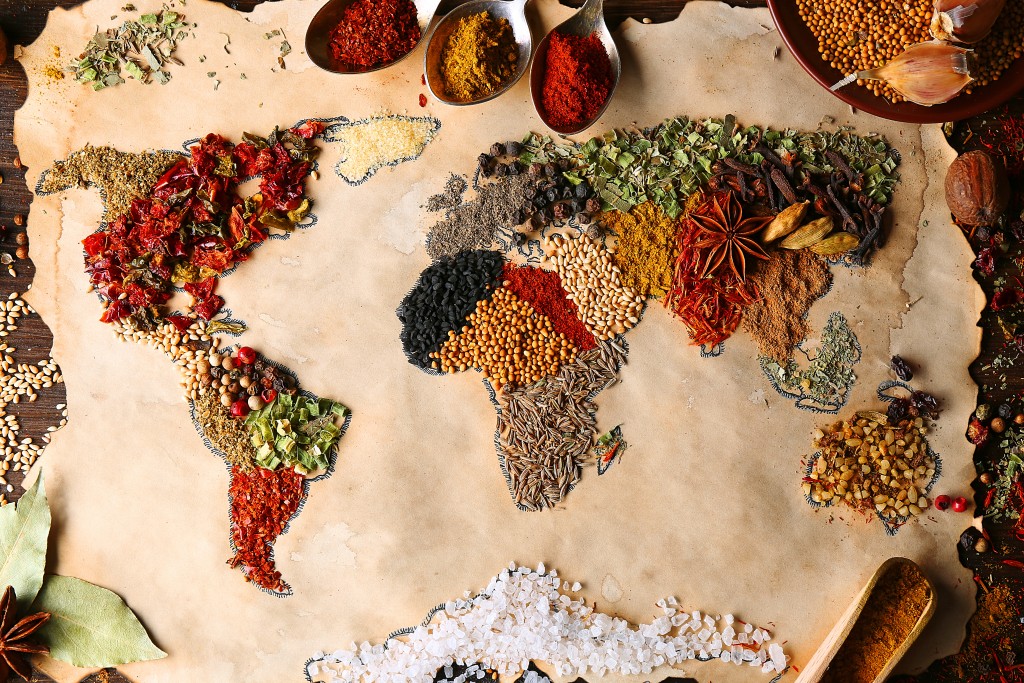It is estimated by the UN Population Division of the Department of Social and Economic Affairs that the global population will reach 9.6 billion by the year 2050. That means each year there are roughly 75 million more people to feed. Currently, almost 1 billion people don’t have enough food to eat. And as the world population continues to increase, our society will be strained to maintain a vast and dynamic food supply.
Food ingredients contribute to helping make our food supply more sustainable. They also feed our growing population through increased food production, improved nutritional quality, enhanced packaging solutions, preservation, and distribution techniques. Ingredients can also help to address the decreased supply of natural resources, and ensure that nutritious foods are able to be transported over long distances to regions where safe and nutritious foods may not be available.
Food ingredients also help support the current food supply to which consumers have grown accustomed to by prioritizing availability, consistency and innovation. Demands placed on technology have resulted in the development of additives that afford an abundance of convenient, nutritious and appetizing foods. While the levels of use of food additives compared to our total diet are minor, their contributions have proven to be major.

